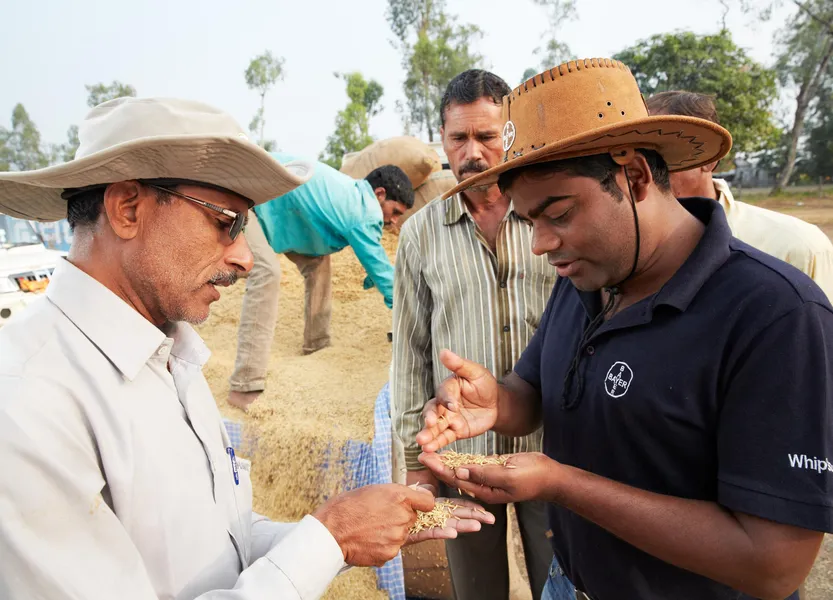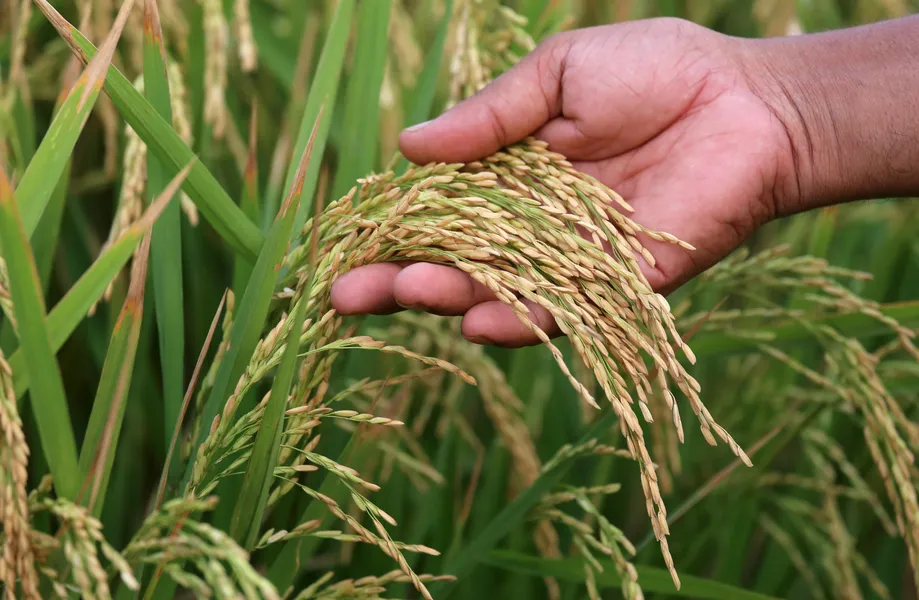02 Dec Nature-based Solutions
Decarbonising Rice Cultivation in India, World's Second-largest Producer of Rice
Paddy rice cultivation is responsible for approximately 10% of global methane emissions, a potent greenhouse gas with a global warming potential over 27 times* that of carbon dioxide. Decarbonising rice cultivation is therefore essential for fighting climate change and addressing food security challenges.With India being the second-largest producer of rice globally, GenZero partnered with Bayer, a global enterprise with core competencies in the life science fields of agriculture and healthcare, alongside other partners to drive the adoption of sustainable rice practices across the country. The programme will build upon existing pilots across more than 10 states and incorporate training for smallholder farmers as well as remote sensing technology to monitor adoption.
The objective is to transform the future of rice cultivation by driving the adoption of alternative wetting and drying as well as direct seeding techniques across smallholder farmers in India, with plans to scale the programme's coverage to 25,000 hectares of rice fields in its first year.
*Statistic from: https://www.iea.org/reports/methane-tracker-2021/methane-and-climate-change

A Bayer representative and rice exporter checks the quality of freshly cut rice that has been drying in the field.

India is the second-largest producer of rice globally, just behind China.
